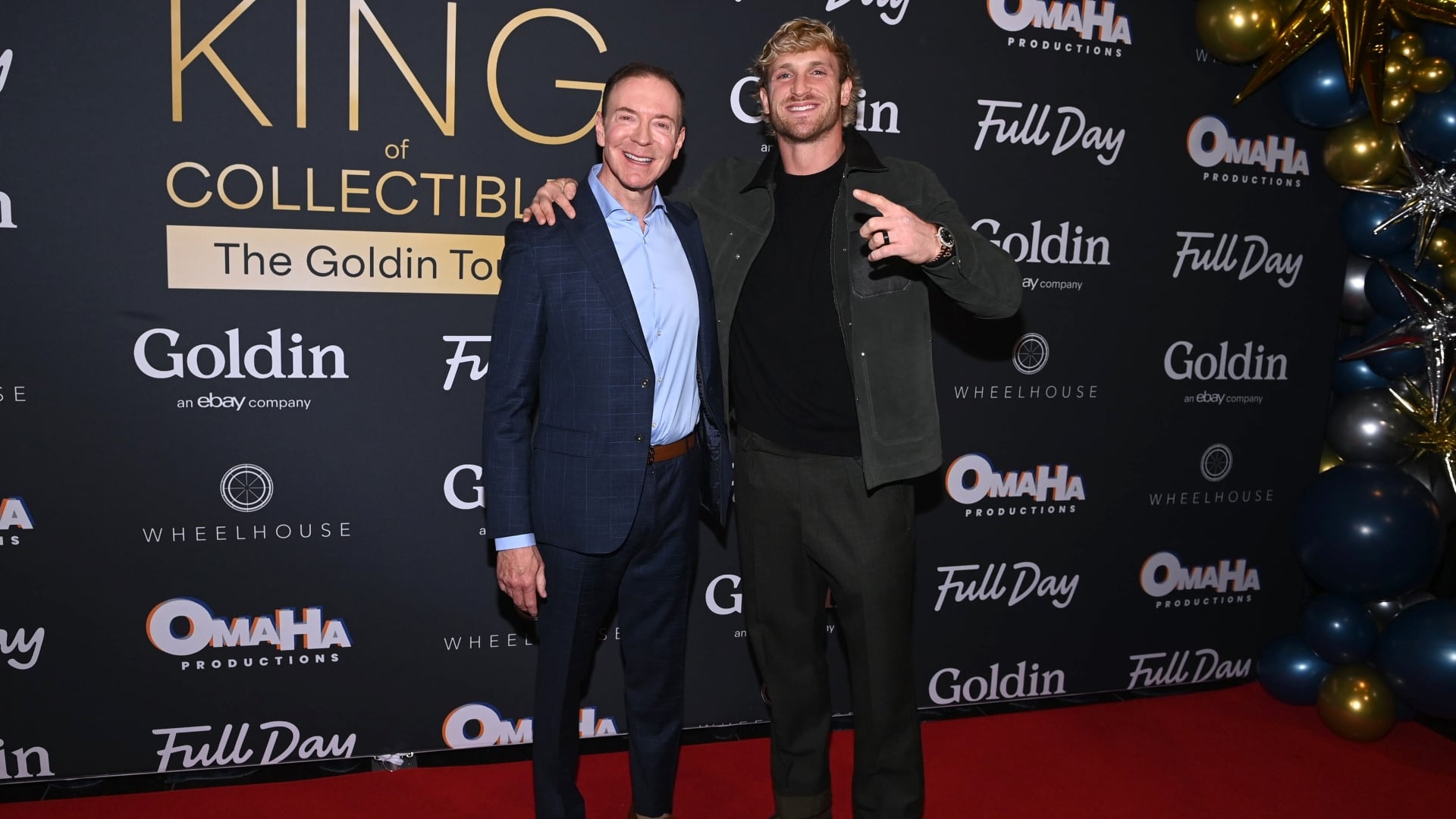As restaurants try to find ways to remain competitive while consumers can't or won't dine-in, Chris Brandt, chief marketing officer at Chipotle Mexican Grill, said his company's investments in technology have allowed it to flourish amid the coronavirus pandemic.
The fast-food chain recently built its 100th 'Chipotlane,' where customers place an order online or through the mobile app and pick it up at a drive-thru window.
"Those investments we made in the past really paid off during the pandemic. The usage of our delivery on our app has tripled and our app usage, in general, has doubled," Brandt added.
The rising popularity of Chipotlanes couldn’t come at a more perfect time as it provides a means of reducing the risk of coronavirus spreading, but according to Brandt, cleanliness, and customer/employee safety were always priorities.
"We already had a lot of industry-leading safety measures before the pandemic. We were doing wellness checks. We were providing sick leave for employees. So, clearly with COVID, we've ramped that up," he said.
While the cost of building a Chipotle with a drive-thru lane is more costly than a traditional store, the popularity of Chipotlanes makes the initial burden worth the cost, Brandt said.
"We've seen, definitely, an increase in sales that more than offset the increased cost of having a Chipotlane," he explained.
And if customers were hoping for a more traditional drive-thru experience with a menu board and loudspeaker, Brandt said that idea is a thing of the past.
"That really slows things down," he said. "With everybody having at least one mobile phone these days, it just seems kind of like the old-school way to do it."
In addition to Chipotle's 100th Chipotlane, the company is also testing a menu expansion with cauliflower rice. For Brandt, it's all about "added convenience," understanding what a customer needs, and listening to consumer suggestions. Not only does that include making their experience as smooth and effortless as possible, he said, but also continuing to provide options that meet lifestyle needs.
"It was one of the top three things people requested," Brandt said. "If all goes well with the test markets and it goes well, not only from the consumer standpoint but operationally something that is executed well, then you can look to see nationally at some point down the road."












